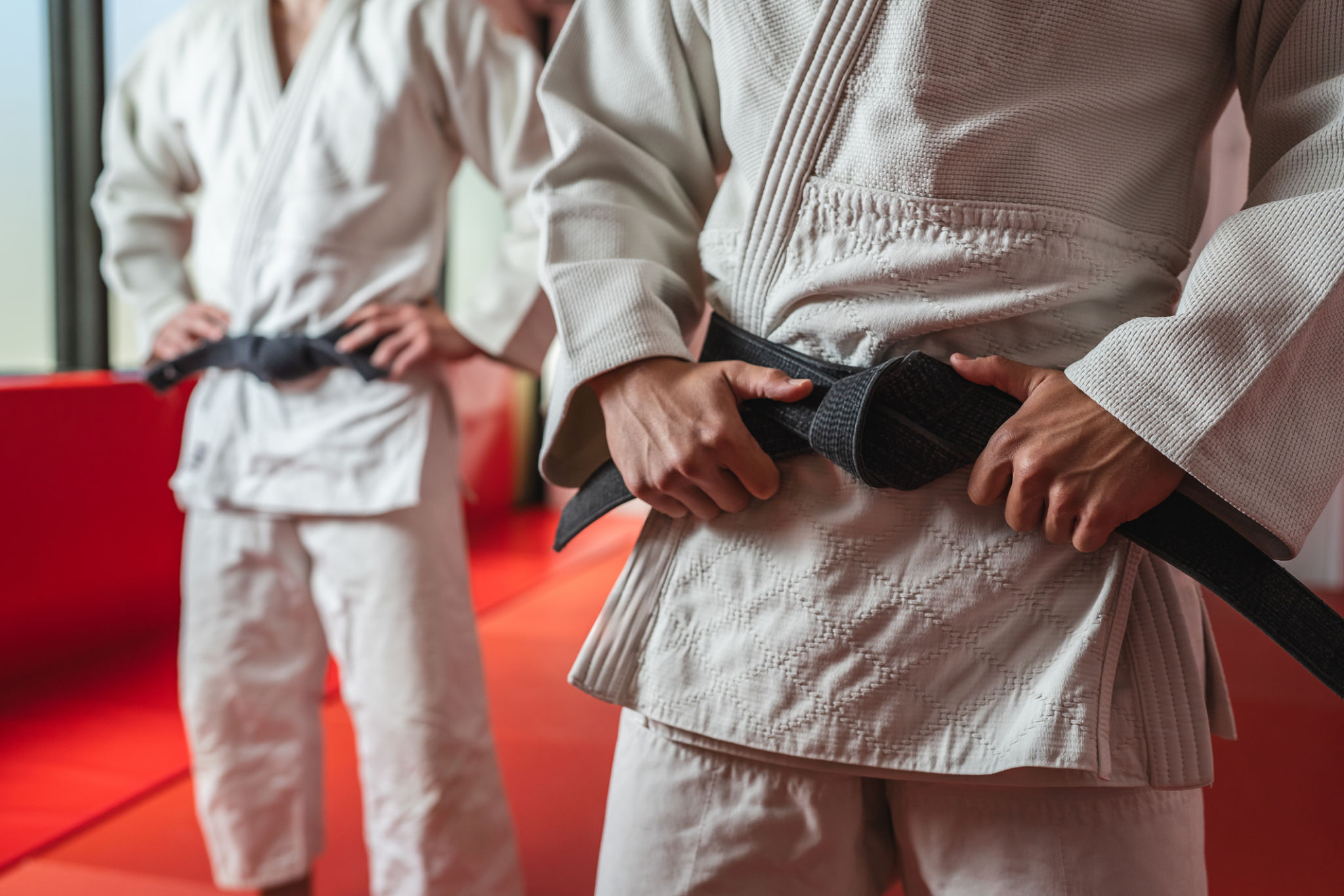Overcoming Common Myths About Martial Arts Training
Understanding the Basics of Martial Arts
Martial arts have long been surrounded by a veil of mystique and misconceptions. Many people perceive martial arts as either too dangerous or too complex to learn. However, the reality is quite different. Whether you're interested in self-defense, physical fitness, or mental discipline, martial arts offer a holistic approach to personal development.
One of the most common myths is that martial arts are solely about fighting. While self-defense techniques are certainly a component, martial arts emphasize discipline, respect, and self-improvement. Students learn to control their movements, emotions, and reactions, which can be beneficial in everyday life.

Myth: Martial Arts Are Only for the Young and Fit
Another prevailing myth is that martial arts training is only suitable for the young and physically fit. This couldn't be further from the truth. Martial arts are accessible to individuals of all ages and abilities. Many schools offer classes tailored to different age groups and fitness levels, ensuring that everyone can participate and benefit.
For older adults or those with physical limitations, martial arts can be adapted to focus more on flexibility, balance, and mental concentration rather than high-impact movements. This adaptability makes martial arts an inclusive activity that promotes lifelong physical health and mental well-being.
Myth: You Need Prior Experience to Start
Some people hesitate to join martial arts classes because they believe they need prior experience or a certain level of skill. In reality, most martial arts schools welcome beginners with open arms. Instructors are trained to teach students starting from the basics, gradually building their skills over time.

The learning environment in a martial arts class is often supportive and encouraging. Fellow students and instructors help each other progress, creating a sense of community and camaraderie. Whether you're a complete novice or someone looking to refine their skills, there's always a place for you in martial arts training.
Myth: Martial Arts Are Violent
A major misconception is that martial arts promote violence. In fact, most martial arts emphasize peace and self-control. They teach practitioners how to avoid conflict and defend themselves only when necessary. The focus is on de-escalation and using force as a last resort.
Martial arts also instill values such as humility, respect, and integrity. These principles guide practitioners both inside and outside the dojang, encouraging them to lead by example and treat others with kindness.

Myth: Martial Arts Require Expensive Equipment
Lastly, some people shy away from martial arts because they think it requires expensive gear or uniforms. While some disciplines may require specific attire, many schools provide basic equipment or allow you to start with minimal investment. As you progress, you can acquire additional gear as needed.
The initial investment in martial arts is relatively low compared to other sports or fitness programs. The benefits you gain, however—such as improved health, confidence, and life skills—are invaluable.
In conclusion, martial arts training is a versatile and enriching activity that dispels many common myths. By understanding its true nature, more people can experience the numerous physical, mental, and emotional benefits it offers.
